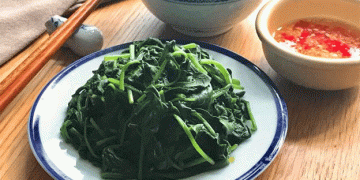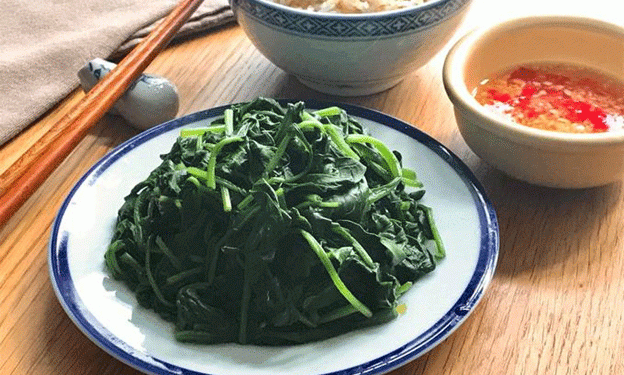Boiling has been a staple cooking method for thousands of years, simplifying digestion and enhancing food safety. However, for certain vegetables rich in vitamins and antioxidants, boiling can significantly reduce their nutritional value. Studies show that water-soluble vitamins like vitamin C and B-complex are particularly susceptible to loss when exposed to prolonged boiling.
Nutrition expert Elaine Magee emphasizes, “When cooking vegetables, the goal should be minimal water, heat, and time.” Instead of boiling, methods like steaming are recommended to preserve nutrients and flavor. Below are six vegetables you should avoid boiling and the best alternatives to prepare them.
1. Cabbage
Boiling cabbage not only softens it excessively but also releases sulfur compounds, leading to an unpleasant odor. This nutrient-dense vegetable loses its crisp texture and flavor during boiling.
Better Alternative: Shred and stir-fry quickly over high heat or use fresh in a crunchy coleslaw.
2. Broccoli
A study published in the Journal of Zhejiang University revealed that boiling broccoli dramatically reduces its vitamin C content and glucosinolates, compounds known for their anti-inflammatory and antioxidant properties.
Better Alternative: Steam broccoli to retain its crispness and essential nutrients.
3. Cassava (Yuca)
Cassava is rich in resistant starch and beta-carotene, making it a healthy choice. However, boiling can make it overly soft, diminishing its unique texture and flavor.
Better Alternative: Parboil and then roast or fry for a flavorful dish.
4. Spinach
Spinach is high in vitamin C, yet boiling can deplete up to 55% of this crucial nutrient, according to research published in the Journal of Nutrition and Food Science.
Better Alternative: Lightly steam or use raw spinach in salads to maximize its nutritional benefits.
5. Kale
Kale contains the enzyme myrosinase, which contributes to its disease-fighting properties. Research from Frontiers in Nutrition indicates that boiling deactivates this enzyme, reducing its health benefits.
Better Alternative: Enjoy kale raw in smoothies or salads to retain its full nutritional value.
6. Green Peas
Green peas are rich in antioxidants but lose over 50% of these nutrients when boiled, as noted in a 2009 study.
Better Alternative: Steam green peas to preserve their sweetness and nutrient profile.
When Is Boiling Beneficial?
Not all vegetables lose value when boiled. A 2014 study in the Journal of Food Science and Agriculture highlighted that boiling can enhance the bioavailability of beta-carotene, a powerful antioxidant. Vegetables like carrots, sweet potatoes, pumpkin, and asparagus benefit from boiling, becoming easier to digest and absorb.
Pro Tip: To minimize nutrient loss, boil vegetables whole rather than cutting them into small pieces. Research indicates that slicing vegetables before boiling can lead to a 25% reduction in nutrient retention.
While boiling remains a convenient cooking method, it’s not always the best choice for nutrient-dense vegetables. Understanding how different preparation methods affect nutritional content can help you make healthier cooking decisions. For most vegetables, steaming or enjoying them raw can preserve their natural goodness and taste.































